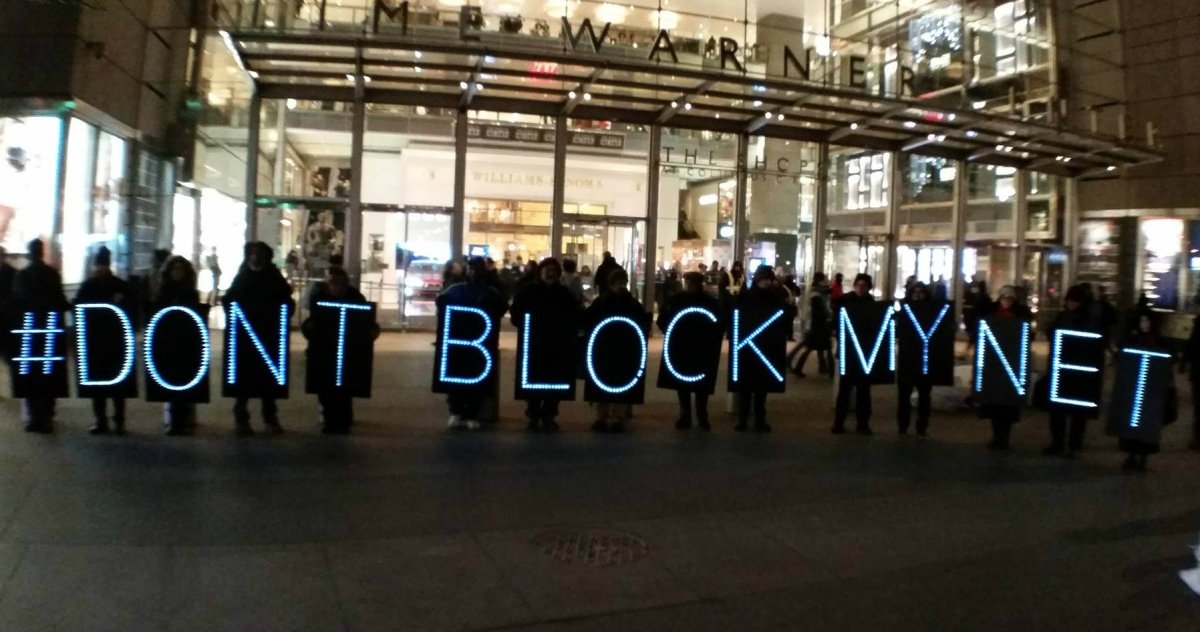Secondly,
After losing billions of dollars for a succession of owners over nearly two decades--first Southern Pacific, then GTE and now United Telecom--US Sprint astounded the industry last December (1988) by winning a 10-year contract worth $10 billion to provide a new telephone system for much of the federal government. Then the company reported its first quarterly profit in April, following that with its first quarter in which revenue exceeded $1 billion. (bruce keppel, 1989)
Sprint's Fiber Optic lines^ were paid for, by the Federal Government. And nearly every form of internet infrastructure was paid for, helped or involved Government funds/grants.
That was the FTS 2000 telecommunication procurement for the federal government. It was jointly built and maintained by ATT and Sprint. It was
never connected to, nor part of, the internet, it was a closed government-only network primarily for voice services - you'll note the line in what you quoted "A new
telephone system". Yes, eventually they could do some advanced things like "
color video conferencing" (lol) which back then meant scheduling with the telco days/weeks in advance so they could schedule and commit more bandwidth to both endpoints for that time period. Sprint and ATT had to build dedicated crossover exchanges in various parts of the country so that traffic on the ATT portion could talk to the Sprint portion, and vice versa, because it was not part of the overall telecommunications network. The telcos
added capacity to their existing infrastructure to accomodate the additional (primarily voice) traffic. It was not internet infrastructure.
The backbone was built by the telcos, for voice, then gradually they figured out that they could carry more voice calls by digitizing and compressing them, then multiplexing them over the same line. Once digitized, it became apparent that a lot more than just voices could be carried over it. All of the backbone was built by the telcos, on their dime; the government purchased some access from the telcos in the early days.
So, we've gone from the claim that "We the People are the ones who laid the pipe down (UUNET) and ISPs just connect "local people" to it" which is false, to "The early backbone of the internet was laid down with government grants" which is false, to "The United States Government paid for ALL of the backbone pipe" which is false and absurd, to now what amounts to 'some government funds were used to pay for private government access to telco infrastructure that was never connected to the internet so therefore the government built all of the internet infrastructure'.
That's like me saying that because I took a ride in an Uber, therefore I built the car.
Lastly, look at what you are saying... that ONLY business can provide internet and not local municipalities/cities/towns. The internet is a Utility and should be governed like one. Period.!
Do you pay a special fee to your ISP to visit netflix.com? To visit any particular kind of content? Can you direct me to anyone that does? No, not past transgressions by the telcos/internet providers that were rapidly quashed, I'm talking about NOW, you know, during the interval of the last seven years and currently ongoing that there has NOT been net neutrality mandated by the FCC.
